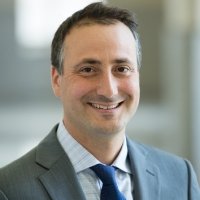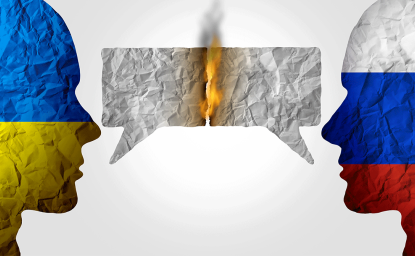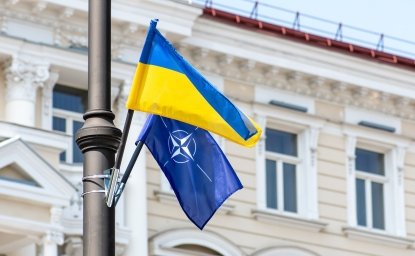The Latest
The National Electoral Council in Venezuela has declared Nicolás Maduro the winner of the Presidential race, sparking widespread accusations of fraud from opposition leaders and international observers. Opposition leader María Corina Machado says their candidate, Edmundo González, won 70% of the vote, and the international community, including the US, the EU, and several Latin American countries, have expressed serious concerns about the transparency and legitimacy of the election results.
The disputed outcome leaves Venezuela in a state of uncertainty, exacerbating the ongoing economic crisis and prompting fears of increased emigration. Benjamin Gedan, Director of the Latin America Program, shares his insight on what is happening in Venezuela. He covers the reasons it’s likely that the election was stolen, the likelihood that many more Venezuelans will try to leave, what to watch out for in the coming weeks, and whether or not the Venezuelan Armed Forces are going to quell what could be significant upcoming protests in Venezuela.
Transcript of Video
-
Venezuela's Maduro Declared Winner Amid Controversy, Opposition Cries Foul
Guest


Latin America Program
The Wilson Center’s prestigious Latin America Program provides non-partisan expertise to a broad community of decision makers in the United States and Latin America on critical policy issues facing the Hemisphere. The Program provides insightful and actionable research for policymakers, private sector leaders, journalists, and public intellectuals in the United States and Latin America. To bridge the gap between scholarship and policy action, it fosters new inquiry, sponsors high-level public and private meetings among multiple stakeholders, and explores policy options to improve outcomes for citizens throughout the Americas. Drawing on the Wilson Center’s strength as the nation’s key non-partisan policy forum, the Program serves as a trusted source of analysis and a vital point of contact between the worlds of scholarship and action. Read more

Explore More
Browse Insights & Analysis
Greenland’s New Governing Coalition Signals Consensus

The Future of France's Far-Right Party

Ukrainian Issue in Polish Elections






